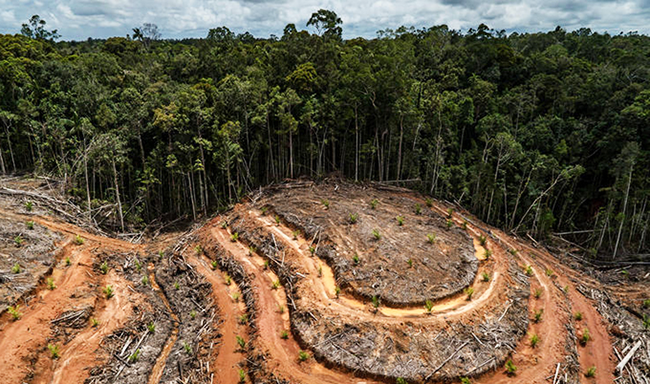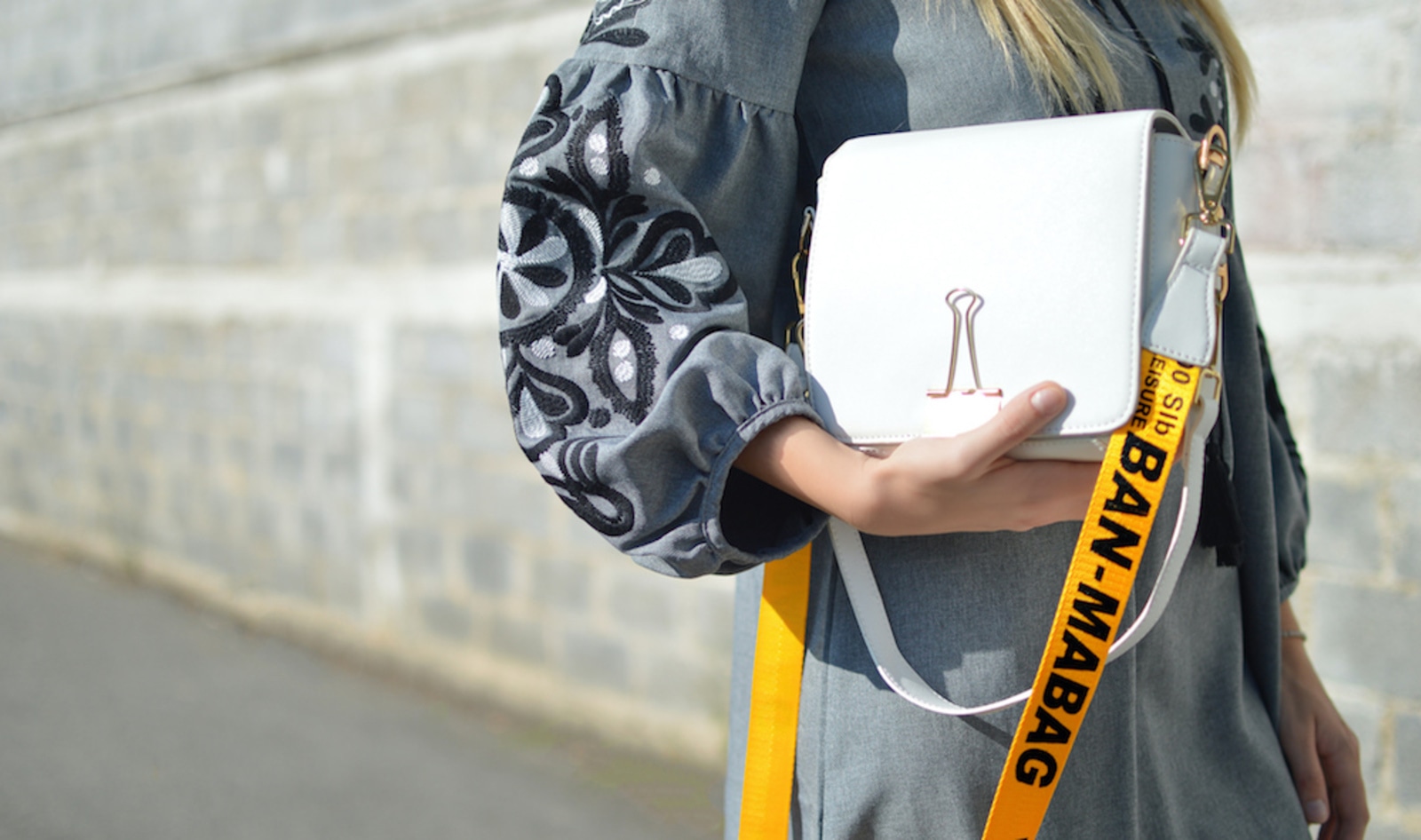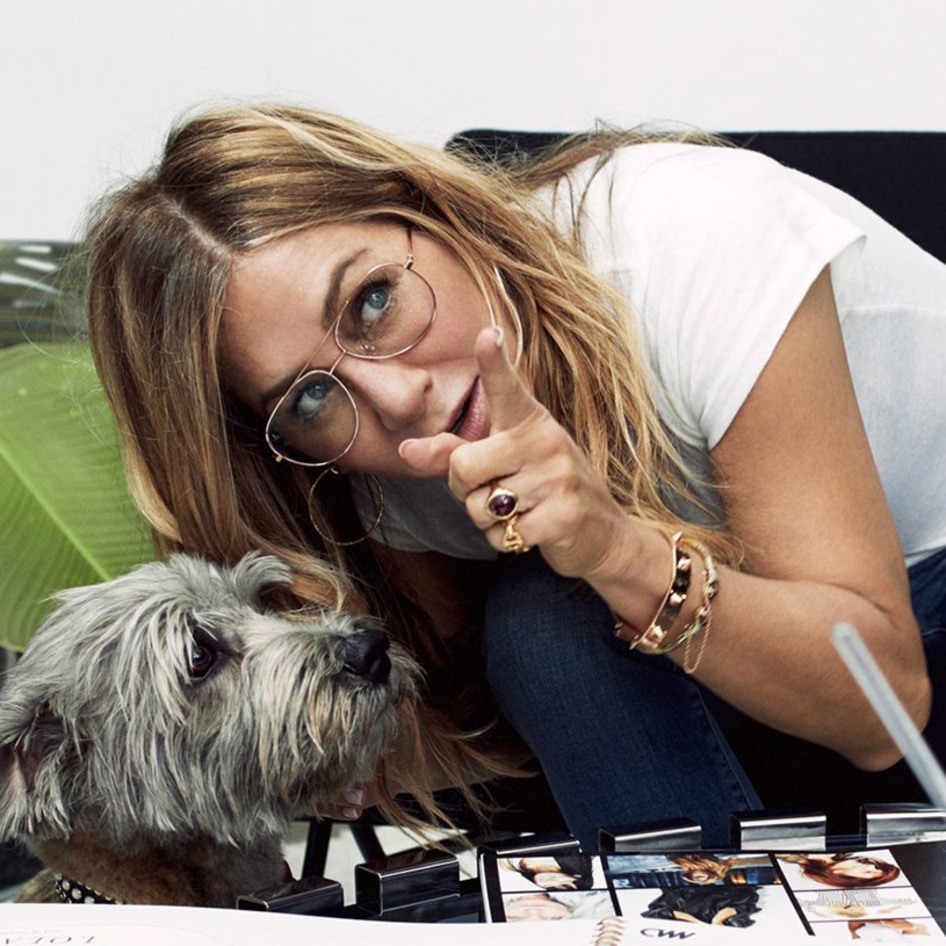The global fashion industry is responsible for the deaths of approximately 2.5 billion animals every year, and a new feature length documentary aims to raise awareness about the industry’s cruel practices. Directed by Rebecca Cappelli, SLAY follows the filmmaker’s three-year journey of investigating the use and production of animal skins in the fashion industry with a particular focus on fur, leather, and wool.
While mainstream criticism of the fashion industry tends to focus on the sector’s devastating environmental impact and unjust treatment of vulnerable workers, animals are often overlooked. SLAY centers the plight of animals, and through its exploration of fashion’s cruel animal practices, the documentary shines light on how the global fashion industry is causing massive harm to the environment and people alike. Filmed across five continents in India, Italy, Brazil, China, France, Australia, and the United States, SLAY ultimately tells the story of animal cruelty, greenwashing, mislabeling, and cover ups “without forgetting the people who work and live at the mercy of the industry.” The film features experts within sustainable fashion and the animal-rights movement and takes viewers inside fur farms, tanneries, and wool farms across the world.
Cappelli joins forces with the film’s co-producer Keegan Kuhn—co-director of vegan documentary films Cowspiracy, What the Health, and They’re Trying to Kill Us—in bringing SLAY to audiences worldwide.
“My desire is that audiences seeing SLAY will realize the true impact of their purchasing choices on animals, the planet, and fellow human beings—and for consumers to realize the marketing lies they have been told and the greenwashing of fashion’s dirty secrets,” Kuhn told VegNews.
Due to the nature of the film and the power of the worldwide fashion industry, Cappelli and Kuhn have worked tirelessly to keep the documentary’s findings under wraps ahead of its release.
“The suffering of animals in the fashion industry is greenwashed into oblivion while those skin industries are destroying the planet and harming people,” Cappelli told VegNews. “SLAY asks the viewer to challenge the notion that animal skins are a fabric and that those ‘fabrics’ are sustainable. I hope the film opens people’s eyes to the dark realities behind some of the most sought-after skins in fashion.”
The filmmakers turned to crowdfunding campaign site Indiegogo to help raise funds for screenings and to help support their distribution and PR strategy. With more than 200 backers, the campaign surpassed its $60,000 goal—raising nearly $88,300—and officially closed in mid June. A release date has yet to be announced. Interested viewers can sign up for updates on the film’s website.
Animal cruelty in fashion
In recent years, the fashion industry has slowly begun distancing itself away from fur in response to consumer feedback admonishing the cruel practices involved in producing the cruelly begotten material. Major luxury retailers such as Neiman Marcus, Nordstrom, Saks Fifth Avenue, and Macy’s have banned the sale of fur within the last two years, with Nordstrom including exotic animal skins in its ban. Luxury brands such as Saint Laurent and Dolce and Gabbana have also banned fur from their collections. And just last year, fashion brand Oscar de la Renta agreed to ditch fur for good, in large part due to pressure from vegan Grammy Award-winner Billie Eilish, who agreed to wear the designer to the Met Gala only if the fashion label agreed to stop using fur.

Last year, top fashion magazine ELLE banned fur from its pages across its 45 global editions and 46 websites worldwide, including its properties in China—the world’s largest fur-producing country. Internationally, Kopenhagen Fur—the oldest fur auction house in the world—announced in November 2020 that they were permanently closing within three years. Nearly one year later, the Budget Committee of the Italian Senate approved an amendment that would close Italy’s remaining 10 mink fur farms.
In fact, during the onset of the COVID-19 pandemic, a number of countries banned fur farming to help stop the spread of COVID-19. By July 2020, in the Netherlands alone, one million mink had been killed to stop the spread of the virus. In September, Poland—the world’s third largest producer of fur—voted to ban fur farming and was shortly followed by France, who officially banned mink fur farming. A number of European countries followed suit, and in June 2021, Israel became the first country in the world to ban fur sales.
Leather is destroying the Amazon
When it comes to leather, major fashion retailers and brands are not ditching the animal material as quickly as fur. Legislative action is also minimal. Despite the lack of action, the production of leather has been linked to the destruction of the Amazon rainforest.

In a report compiled by Slow Factory with data provided by research group Stand.Earth, more than 100 fashion brands were linked to deforestation—among them were Zara, Adidas, Clarks, and Asics. Several of the 100 named companies were found to source leather from JBS—who is the largest cattle producer in the region and has been linked to illegal deforestation numerous times—either directly or indirectly, thus contributing to deforestation themselves.
It’s hidden connections like this that SLAY hopes to shed light on to help consumers better understand the global impact of their decisions. “Animals disappear into fashion objects in a way that’s very troubling, and in a way that’s intentionally hidden,” says the trailer for SLAY. “This is an industry that doesn’t want society to understand what they do.”
For the latest vegan news, read:13 Lawmakers Demand FDA Set Guidelines for Animal-Free Testing
10 Percent of Meat, Eggs, and Dairy Will Come from Alternatives by 203581 Percent of Military Members Want Plant-Based Meals
JUMP TO ... Latest News | Recipes | Guides | Health | Shop




.jpg?sha=1635cef6b098242b)


.jpg?sha=e303c456fe034a92)

